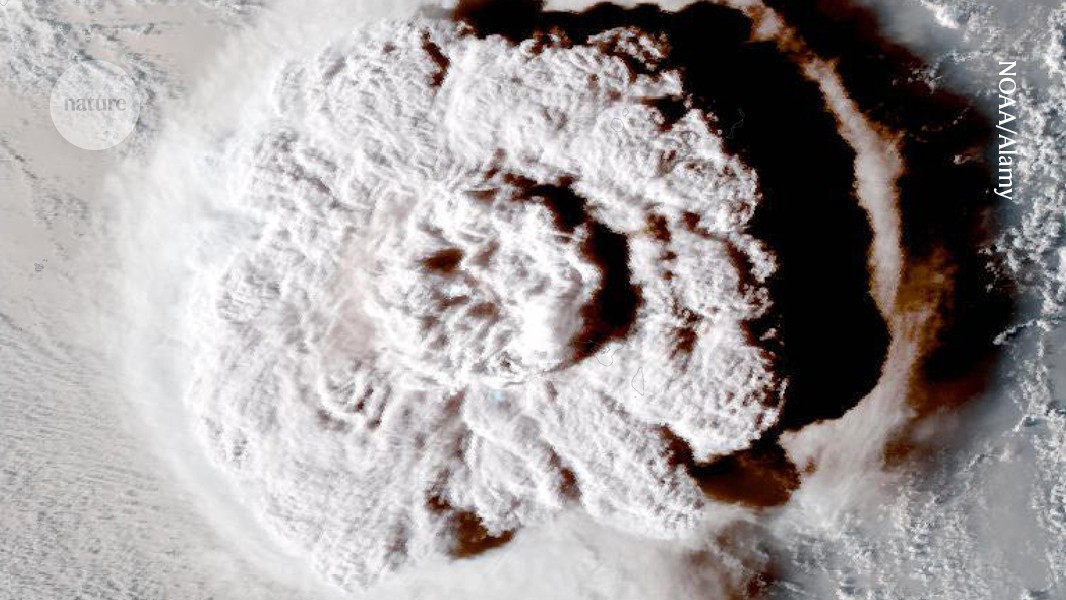
"The 2022 eruption of a volcano in Tonga generated sound waves that traveled vast distances, affecting atmospheric conditions over regions as far away as Mexico and the Caribbean."
"These sound waves led to an unusual warming effect in the atmosphere, illustrating the extensive reach and influence of volcanic activity on the Earth's climate system."
"The eruption not only affected local weather patterns but also induced changes in cloud formations, impacting weather far from the eruption site."
"This event serves as a reminder of how interconnected global weather systems are and how a single volcanic eruption can have widespread environmental consequences."
The 2022 Tonga volcanic eruption produced sound waves that propagated globally, resulting in atmospheric warming over regions like Mexico and the Caribbean. The eruption altered cloud coverage thousands of miles away, demonstrating the far-reaching impact volcanic activity can have on global weather patterns. This phenomenon shows how interconnected the Earth's climate systems are, as changes initiated by one event can lead to significant environmental effects in distant areas. The eruption serves as a case study of the complex interactions between volcanic activity and atmospheric dynamics.
Read at Nature
Unable to calculate read time
Collection
[
|
...
]